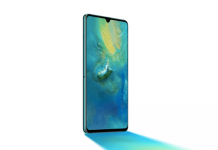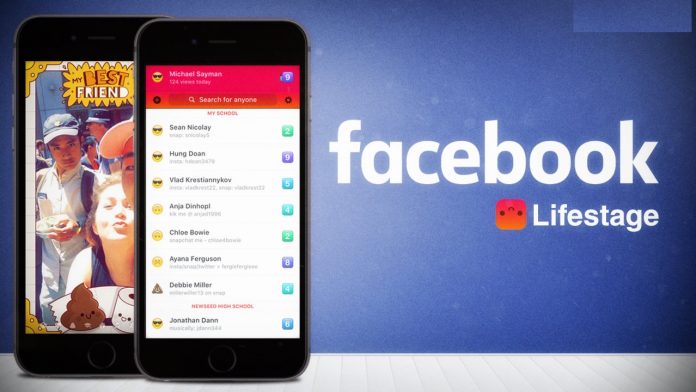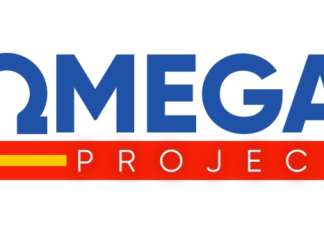Oculus, a Facebook company, has acquired The Eye Tribe. The company offers eye tracking technology that sells for $99. A Pro version of the product sells for $199. The technology tracks a user’s gaze and fits into Oculus’ virtual reality technology.
The acquisition was confirmed via TechCrunch.
Terms of the deal are not disclosed. The Eye Tribe’s technology and talent are the main draw from Oculus. The company’s rendering technology utilizes a user’s eye tracking to create focal points for rendering. High definition scenes and rendering can be displayed at higher frame rates despite limited rendering power with the technology.
The Eye Tribe consists of 16 full time employees. The four founders of the company met at the IT University of Copenhagen. The group purchased the IP from the University in 2011, and has since raised $3 million from investors.
Eye-tracking startups are becoming more prevalent in recent years, with Google purchasing Eyefluence, an eye-tracking startup, in October.
Oculus has not discussed the company’s plans for the startup. The startup’s technology can be utilized for gaming and identity verification.
Eye Tribe’s technology is divided into two cases: active and passive. The active phase allows the eye to act as an input device to control the platform. Users can use their eyes to open an app or scroll through a webpage without lifting their finger.
Passive tracking allows the company’s technology to collect data of where the user is focused on. Facebook, for example, could use passive tracking to develop smarter advertising campaigns.
Eye-tracking uses are immense. Devices can incorporate the technology through Eye Tribe’s development kit. The technology coincides with audio recognition and always-on devices like Google’s Home or Amazon’s Echo. The technology allows always-on devices to have a first-person view of what the user is viewing.
Palmer Luckey, Oculus founder, called eye tracking a “critical part” of virtual reality in 2015.




























